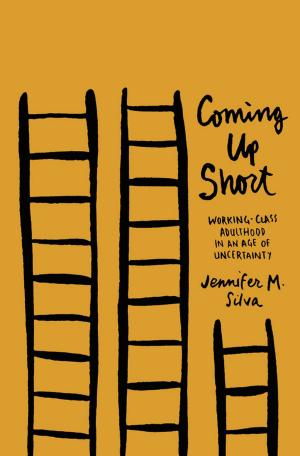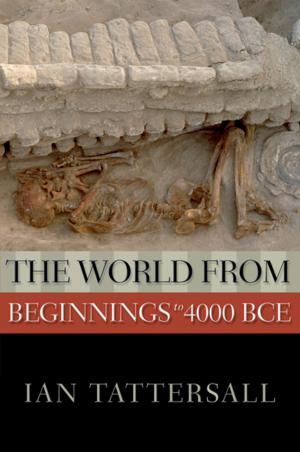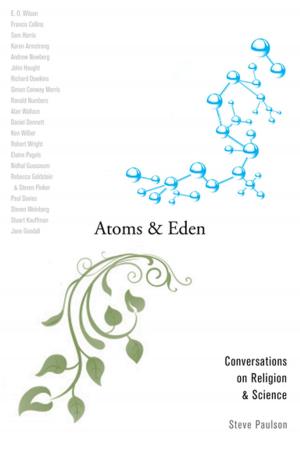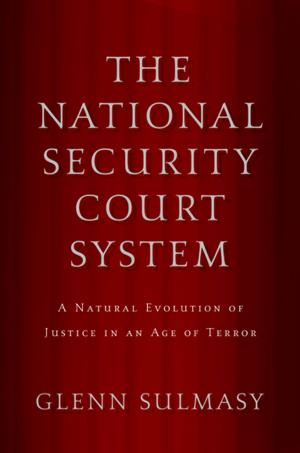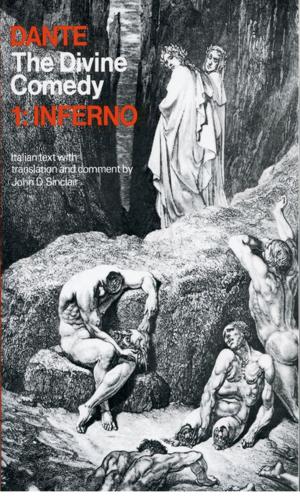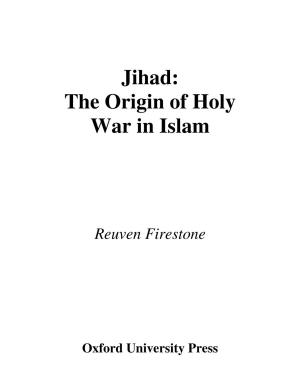A Lexicon of Terror
Argentina and the Legacies of Torture
Nonfiction, History, Americas, South America, Social & Cultural Studies, Political Science| Author: | Marguerite Feitlowitz | ISBN: | 9780199840373 |
| Publisher: | Oxford University Press | Publication: | October 7, 1999 |
| Imprint: | Oxford University Press | Language: | English |
| Author: | Marguerite Feitlowitz |
| ISBN: | 9780199840373 |
| Publisher: | Oxford University Press |
| Publication: | October 7, 1999 |
| Imprint: | Oxford University Press |
| Language: | English |
"We were all out in la charca, and there they were, coming over the ridge, a battalion ready for war, against a schoolhut full of children." Tanks roaring over farmlands, pregnant mothers tortured, their babies stolen and sold on the black market, homes raided in the dead of night, ordinary citizens kidnapped and never seen again--such were the horrors of Argentina's Dirty War. Now, in A Lexicon of Terror, Marguerite Feitlowitz fully exposes the nightmare of sadism, paranoia, and deception the military dictatorship unleashed on the Argentine people, a nightmare that would claim over 30,000 civilians from 1976 to 1983 and whose leaders were recently issued warrants by a Spanish court for the crime of genocide. Feitlowitz explores the perversion of language under state terrorism, both as it's used to conceal and confuse ("The Parliament must be disbanded to rejuvenate democracy") and to domesticate torture and murder. Thus, citizens kidnapped and held in secret concentration camps were "disappeared"; torture was referred to as "intensive therapy"; prisoners thrown alive from airplanes over the ocean were called "fish food." Based on six years of research and moving interviews with peasants, intellectuals, activists, and bystanders, A Lexicon of Terror examines the full impact of this catastrophic period from its inception to the present, in which former torturers, having been pardoned and released from prison, live side by side with those they tortured. Passionately written and impossible to put down, Feitlowitz shows us both the horror of the war and the heroism of those who resisted and survived--their courage, their endurance, their eloquent refusal to be dehumanized in the face of torments even Dante could not have imagined.
"We were all out in la charca, and there they were, coming over the ridge, a battalion ready for war, against a schoolhut full of children." Tanks roaring over farmlands, pregnant mothers tortured, their babies stolen and sold on the black market, homes raided in the dead of night, ordinary citizens kidnapped and never seen again--such were the horrors of Argentina's Dirty War. Now, in A Lexicon of Terror, Marguerite Feitlowitz fully exposes the nightmare of sadism, paranoia, and deception the military dictatorship unleashed on the Argentine people, a nightmare that would claim over 30,000 civilians from 1976 to 1983 and whose leaders were recently issued warrants by a Spanish court for the crime of genocide. Feitlowitz explores the perversion of language under state terrorism, both as it's used to conceal and confuse ("The Parliament must be disbanded to rejuvenate democracy") and to domesticate torture and murder. Thus, citizens kidnapped and held in secret concentration camps were "disappeared"; torture was referred to as "intensive therapy"; prisoners thrown alive from airplanes over the ocean were called "fish food." Based on six years of research and moving interviews with peasants, intellectuals, activists, and bystanders, A Lexicon of Terror examines the full impact of this catastrophic period from its inception to the present, in which former torturers, having been pardoned and released from prison, live side by side with those they tortured. Passionately written and impossible to put down, Feitlowitz shows us both the horror of the war and the heroism of those who resisted and survived--their courage, their endurance, their eloquent refusal to be dehumanized in the face of torments even Dante could not have imagined.


